North Dakota Promises to Turn Down the Lights
Oil producers in the U.S. state of North Dakota are promising to be more environment friendly, after critics said the shale oil and gas industry there had lacked proper controls.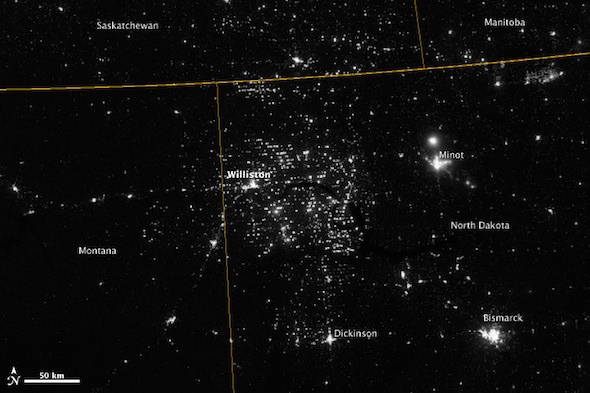
By Kieran Cooke, Climate News NetworkThis piece first appeared at Climate News Network.
LONDON — The light from thousands of gas flares in North Dakota is so intense that it can be seen from space. The flares come from oil production units in the Bakken oil fields in the northwest of the state – the site of one of the biggest concentrations of the hydraulic fracturing or fracking industry in the US.
A report last year by Ceres, a US organization which promotes more sustainable business practices, said that gas worth approximately $1bn literally went up in flames and smoke in 2012 from Bakken.
The report, Flaring Up, said flaring in 2012 contributed 4.5 million tonnes of carbon dioxide to the atmosphere, an amount equivalent to the annual emissions of around a million cars.
The World Bank estimates that flaring around the world accounts for the release of 400 million tonnes of CO2 to the atmosphere each year.
While the flaring of gas – a byproduct of oil production – has been cut back in many regions of the US, about half of the more than 10,000 oil wells in North Dakota are still burning off their gas.
But oil producers now say they hope to significantly decrease flaring in future and have pledged to aim to capture 90% of gas produced by the end of the decade.
Weak regulations
The North Dakota Petroleum Council says construction of gas pipelines and gas processing plants will be speeded up. It is lobbying the state to give financial incentives to encourage the establishment of industries using gas to fuel their activities.
Oil commands a significantly higher price than gas: those involved in North Dakota’s fracking industry have concentrated on oil production and have been been reluctant to invest in gas facilities.
State regulations on flaring are weak. Oil producers can flare gas for a year without paying any taxes or royalties on it: even after that period, producers are usually permitted to carry on flaring, with small or no financial penalties.
The Ceres organization says the announcement by North Dakota’s shale oil and gas producers represents a significant breakthrough: in 2012 Ceres lobbied investors managing $500 billion in assets to send a letter to the US’s largest shale oil producers to reduce flaring – or stop it completely.
“Reducing flaring will not only save energy and reduce climate-threatening carbon pollution”, says Andrew Logan, the director of Ceres’ oil and gas programme. “It will set an important precedent for shale energy production across the US.
Rush to develop
“We know that investors wield enormous power to positively affect the way industries and companies operate. We don’t have to choose between protecting our environment and growing our economy. The future of our economy depends on a healthy environment.”
Due to fracking, North Dakota has become the second biggest oil-producing state in the US after Texas, with production rising from 18,500 barrels per day (bpd) in 2007 to nearly one million bpd now.
While the fracking boom has resulted in the economy of North Dakota expanding faster than that of any other state in the US, the rapid expansion of the oil industry has put a big strain on roads, schools and medical services: there has also been a big rise in crime.
Concerns have also been raised about oil spills and accidents and the pollution of land by oil-related products.
Don Morrison, director of the Dakota Resource Council – a group that describes itself as the watchdog of North Dakota’s prairie lands – says the oil producers’ statement on flaring is ”nothing more than lip service.”
“They are still getting a free ride for flaring”, Morrison tells the Charlotte Observer newspaper. “Until the state stops giving away these tax breaks, flaring won’t stop.”
Your support matters…Independent journalism is under threat and overshadowed by heavily funded mainstream media.
You can help level the playing field. Become a member.
Your tax-deductible contribution keeps us digging beneath the headlines to give you thought-provoking, investigative reporting and analysis that unearths what's really happening- without compromise.
Give today to support our courageous, independent journalists.
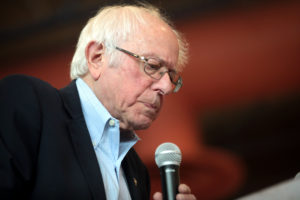
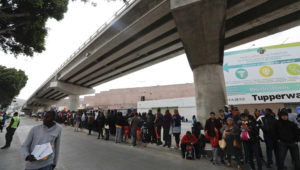
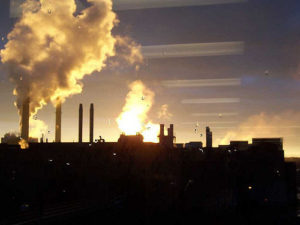
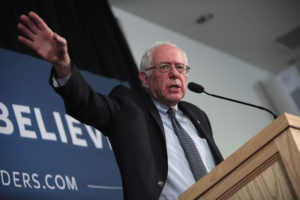
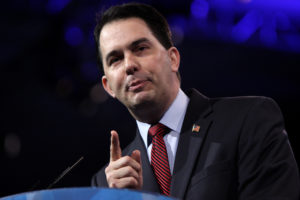
You need to be a supporter to comment.
There are currently no responses to this article.
Be the first to respond.